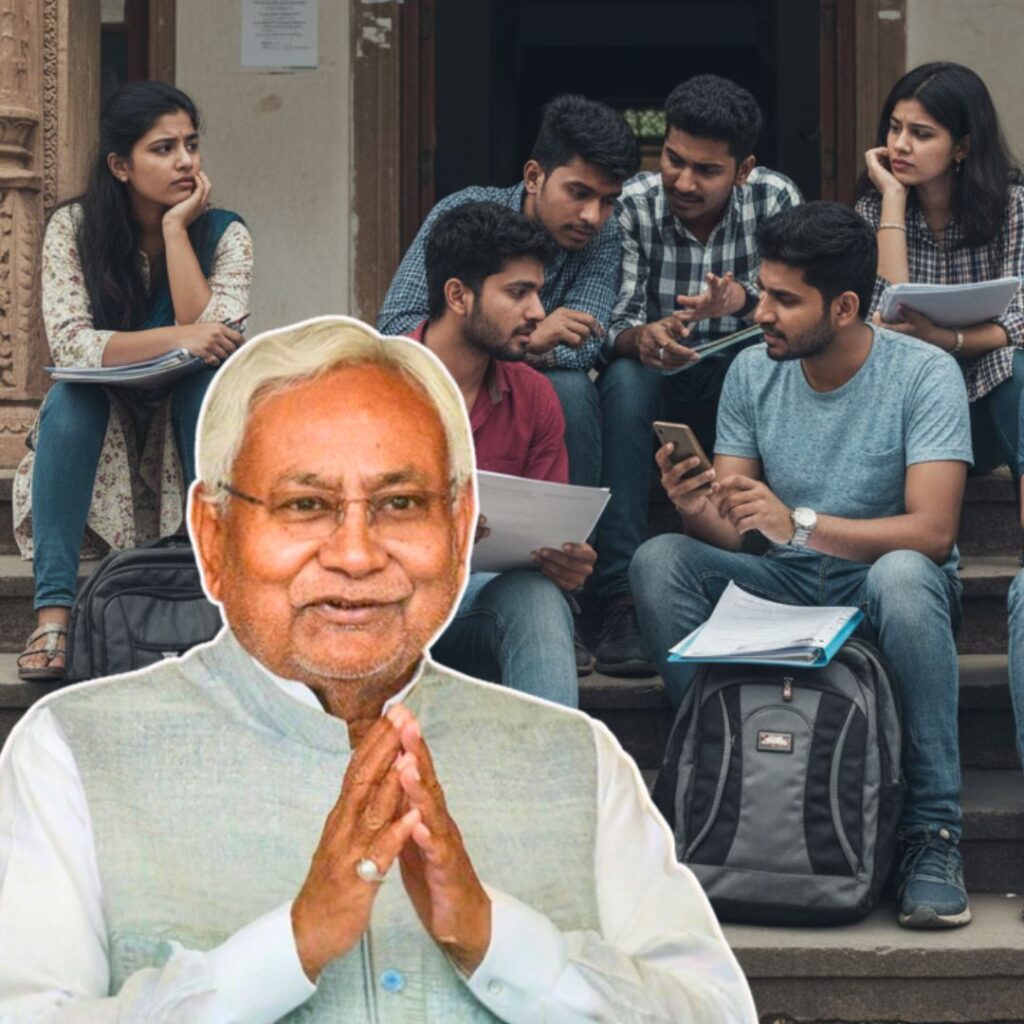Recently Lok Sabha has passed the Surrogacy (Regulation) Bill which if passed by Rajya Sabha will put a blanket ban on commercial surrogacy in India. According to this bill, a couple can only opt for altruistic surrogacy where the surrogate mother must be a relative of the intending couple. The bill is passed with the objective of preventing the exploitation of surrogate mother caused due to affordable commercial surrogacy arrangement in India which has made India a global commercial hub for surrogacy. But according to this bill, only couples who are married for more than five years can undergo the surrogacy arrangement and the bill doesn’t incorporate homosexuals, transgenders, live-in-couple and a single person in the definition of “intending parents”. Despite the fact, SC in “Navtej Singh Johar v UOI” decriminalized homosexuality and gave recognition to homosexuals and in 2015, in “NALSA v UOI”, SC recognized transgenders as third genders, this bill deprives transgenders and homosexuals to become a parent through surrogacy. The bill having many loopholes makes the arrangement of altruistic surrogacy very stringent.
What Is Surrogacy
Motherhood is considered to be the most precious gift that nature has endowed upon women. However, due to many medical reasons, not every woman can carry a child. While adoption is one process where a couple can adopt a child but the couple who wants their children to be genetically related to them go for surrogacy as surrogacy is one such process where a child can be genetically related to the intending couple. Surrogacy is an arrangement whereby an intending couple commissions a surrogate mother to carry their child. A couple enters into surrogacy arrangement when due to medical impossibility a couple can’t procreate, or when pregnancy poses a greater risk to woman’s health, or when a man or woman lives alone or a homosexual couple wants to adopt a child. Surrogacy arrangement can be altruistic where there is no involvement of consideration and the intending couple doesn’t pay anything to surrogate mother except the medical expenditure incurred by the surrogate mother related to pregnancy whereas commercial surrogacy involves consideration given by couple to the surrogate mother. India is known worldwide for its cheap and affordable surrogacy arrangement. The medical expenses that are incurred in India and the price paid to surrogate mother are way too less than that of any other countries in the world making India the first choice of any couple for surrogacy arrangement. Couples who can’t afford to have a child through surrogacy arrangement ends up being in India due to affordability, thereby making India favourite destination for cheap and affordable surrogacy arrangement.
Surrogacy arrangement poses some of the biggest legal and ethical issues on the rights of the surrogate mother, child and the intending couple. There are greater chances of exploitation of surrogate mother as in many cases the intending couple later denies to take the child resulting in the abandonment of the child and hardships for a surrogate mother. In the landmark case of Baby Manji Vs UOI, where Baby Manji Yamada was a child born to an Indian surrogate mother for a Japanese couple, before one month from delivery the Japanese couple divorced. After that, it became difficult to determine the parentage and nationality of the baby. Neither the Japanese lady nor the surrogate mother wanted to take the baby and Japanese man was denied to take the child by the Indian laws which had no provision for children born via surrogacy, finally, the baby was given to her grandmother. In such cases, it becomes difficult to decide parentage of the child and usually, commercial surrogacy poses such issues. Thereby, in light of such issues, the new surrogacy bill is passed but the bill has overlooked many objectives that surrogacy serves.
Major Highlights of Bill
The bill deprives many couples to undergo surrogacy arrangement as according to his new bill there are certain eligibility criteria for intending couple and surrogate mother and only when a couple comply with those criteria they can undergo surrogacy arrangement. Some of the major highlights of the bill are-:
According to the bill, the intending couple must be Indian citizens and married for at least five years with at least one of them being infertile. Therefore, the bill bans any foreign couple to undergo surrogacy process in India. The bill only permits surrogacy for couples where a woman can’t conceive a child. Therefore, surrogacy would not be allowed in cases where a woman has any medical condition which can prevent her from giving birth. According to this bill, the surrogate mother must be a close relative of the intending couple who has been married and has had a child of her own. However, the bill doesn’t specify who all can come under “close-relative”. The bill restrains any consideration or payment given by the intending couple …











